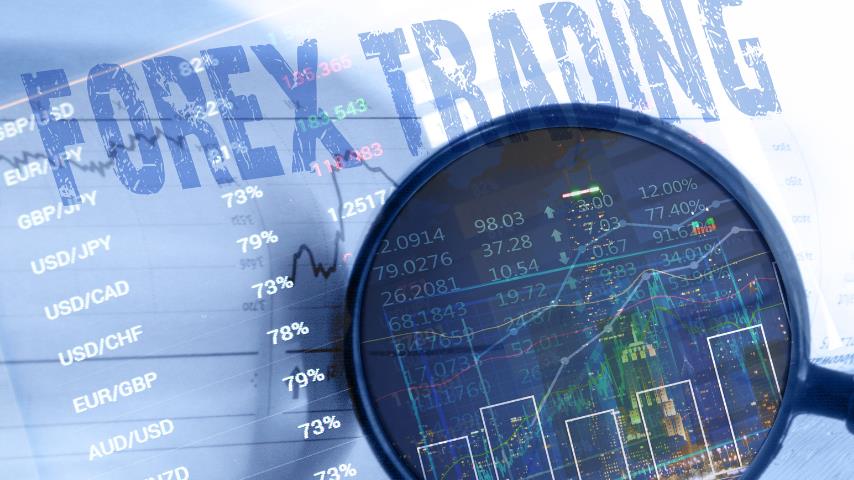Table of Contents
Forex trading has gained popularity as an accessible and profitable financial venture. One popular way to trade forex is through Contracts for Difference (CFDs).
With CFD trading, investors can speculate on various currency pairs’ price movements despite not owning the underlying assets.
While Forex CFDs offer exciting opportunities, it is important to be equipped with certain knowledge before diving into this market.

1. Understanding Forex and CFDs
Forex refers to the global marketplace for trading currencies. Currencies are traded in pairs like EUR/USD. The goal is to predict whether one currency will strengthen or weaken against another. With Forex CFDs, on the other hand, you can speculate on the price movements of currency pairs without owning the underlying assets.
Suppose you believe the Euro will rise against the US Dollar. You can open a CFD position that mirrors this belief. If the Euro strengthens as you predicted, you’ll profit; if it weakens, you’ll incur losses. With CFDs, you don’t physically buy or sell currencies but bet on price changes.
However, this also means you can lose more than your initial investment, so it’s vital to use proper risk management.
2. Risk Management and Leverage
Leverage, a powerful tool that amplifies profits and losses, can entice Forex trader beginners. Leverage allows you to control a more substantial position with a relatively small initial investment. For instance, a 10:1 leverage means you can control $10,000 worth of currency with just $1,000 in your account.
While leverage can magnify gains, it can also lead to losses if the market moves against you. Therefore, set stop-loss orders to automatically close your position if the market moves a certain distance against you. This helps limit potential losses.
Also, consider practicing with a demo account before trading with real money. Demo accounts allow you to experience the Forex market without risking your capital. This hands-on experience can help you develop effective risk management strategies and understand how different currency pairs behave.
3. Continuous Learning and Research
Various factors, including economic data and central bank policies, influence the Forex market. Make it a habit to follow financial news and understand its impact on currency markets. Consider using technical and fundamental analysis to make informed trading decisions.
The study of price charts and patterns to predict future price movements is what is known as technical analysis. Fundamental analysis, on the other hand, focuses on economic and political factors. While both methods have their merits, they can be used together to build a comprehensive trading strategy.
Many educational resources are available to help you understand Forex CFD trading better. Joining trading communities and forums can also provide valuable insights and support.
Conclusion
CFD trading is legal in the UK but traders should be aware that firms are required to tell potential customers the percentage of their retail client accounts that make losses to provide protections to clients. Ensuring you know the ins and outs of trading CFD Forex before you make a start is vital to be successful and the tips in this article will certainly aid with this venture.
Author Profile
- Blogger and Educator by Passion | Senior Online Media & PR Strategist at ClickDo Ltd. | Contributor to many Education, Business & Lifestyle Blogs in the United Kingdom & Germany | Summer Course Student at the London School of Journalism and Course Instructor at the SeekaHost University.
Latest entries
 BusinessFebruary 1, 2026Why Modern Warehouse Management is the Secret to UK Retail Growth
BusinessFebruary 1, 2026Why Modern Warehouse Management is the Secret to UK Retail Growth BusinessDecember 2, 2025How to Build an Effective Progression Plan in Your Company
BusinessDecember 2, 2025How to Build an Effective Progression Plan in Your Company BusinessOctober 24, 2025Legionella Risk Assessment: 5 Things Every Entrepreneur Needs to Know
BusinessOctober 24, 2025Legionella Risk Assessment: 5 Things Every Entrepreneur Needs to Know EmploymentSeptember 2, 2025Why Motorbike Accident Staff Claims are a Growing Business Risk
EmploymentSeptember 2, 2025Why Motorbike Accident Staff Claims are a Growing Business Risk





